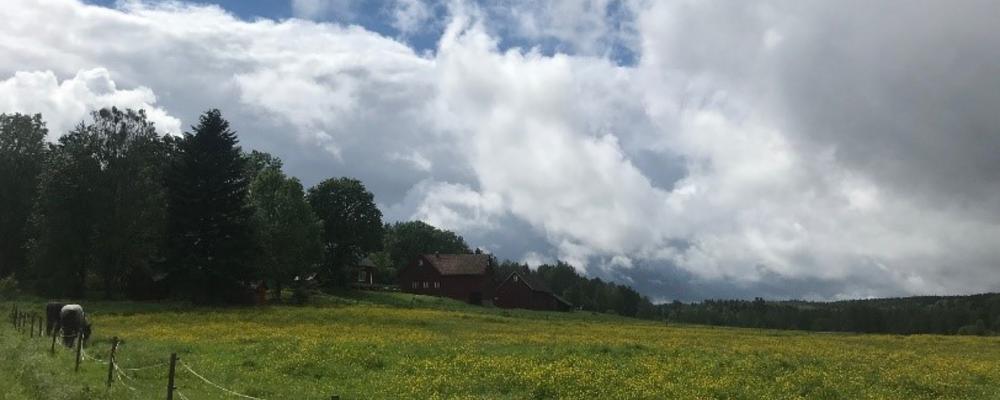
Landscape and planning
The Landscape and Planning research group is broadly concerned with the interactions between human activities and the environment, seen from a landscape perspective. A landscape perspective encompasses human activities in and experiences of the biophysical world, including the formal and informal planning and management thereof. In the current quest for a more sustainable world, a landscape perspective stresses important concerns about how we can understand and approach human-environment relationships.
We understand landscapes as: meeting places (humans, animals, plants and things ‘rubbing shoulders’), co-produced (shaping and shaped by human projects and the life-course of other species), in constant change (the landscape as social and natural dynamic systems), struggled over (discursively and physically over space), present and tangible (a ‘home’, therefore also easy to overlook and take for granted). For us, a landscape approach contributes with a relational perspective that can help us challenge the human-nature dualism often found in research, policy and everyday language. The landscape perspective is also important for analyzing and understanding driving-forces, power-relationships and negations among different stakeholders in their land-use interests.
Our research themes and interests include the following topics: conceptualizations of human-environment relationships, conservation and outdoor recreation, land, coast and sea, spatial/urban planning, housing and segregation, local and public participation, biodiversity management and policy, social science perspectives on biodiversity, rural-urban distinctions and discourses and station communities in a regional context. For examples and more details about these themes, see "Research projects" below.
Methodologically, our members often make use mixed method approaches in their research, including work with interviews, focus groups, picture studies, document studies, content analysis, archival research, observations, questionnaires and GIS. Theoretically, we are based within and focus on Nordic social science landscape approaches, but also find inspiration from time geography, STS, discourse theory, economic history and political ecology. The research group unites the efforts of both senior researchers, PhD students and visiting researchers at the Unit for Human Geography. Professor Marie Stenseke is coordinating the group.




